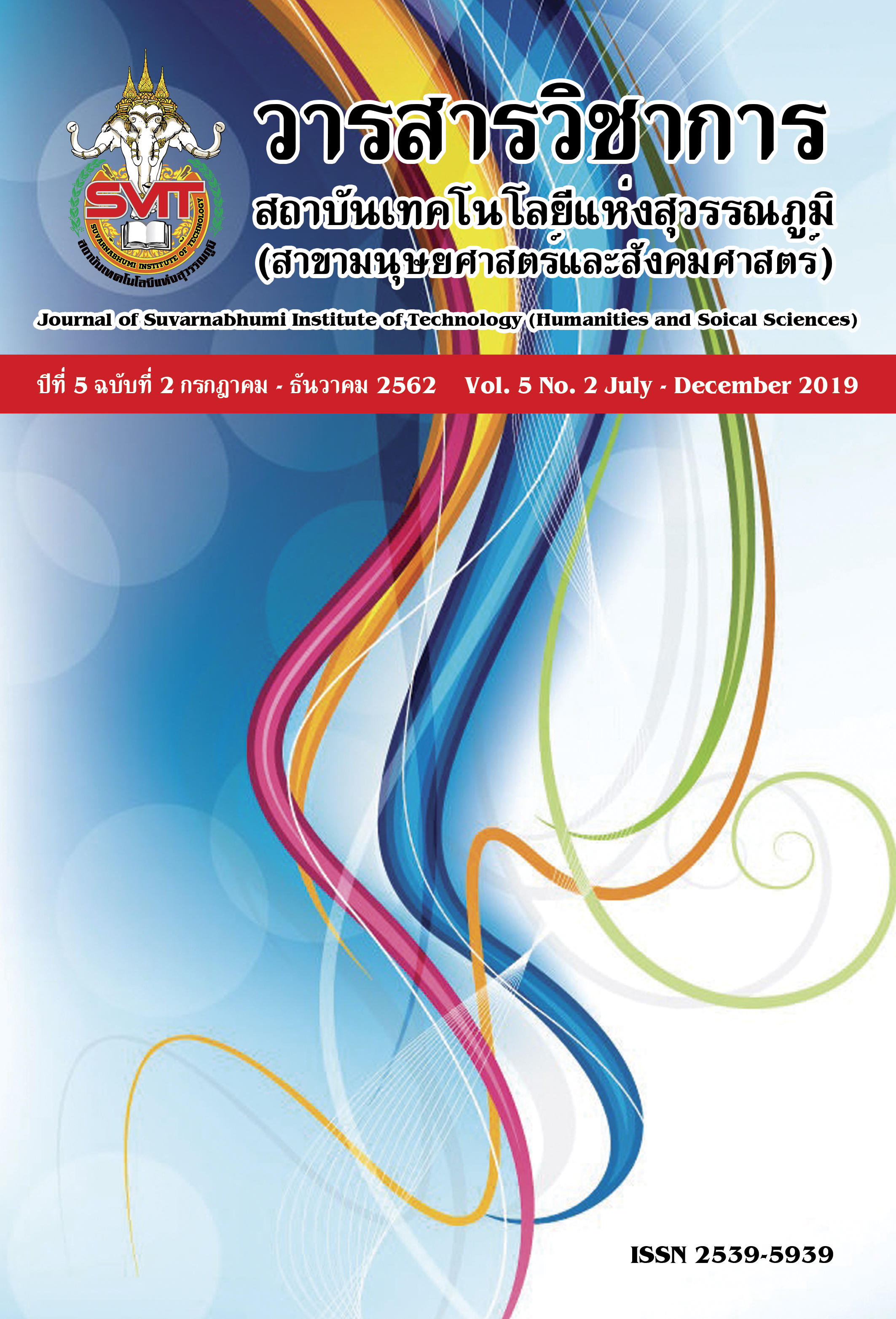THE TENDENCY OF POST-MODERN ARTIST AND FILMMAKERS PRONE TO UTILIZE NEW MEDIUMS AND TECHNOLOGIES IN ORDER TO REVEAL THE CONDITION OF THEIR CONTEMPORARY ERA.
Keywords:
Social medial, New Medium, Art's activity, Fluxus movement, Dada or Dadaism, Vernacular vidAbstract
In the contemporary world the evolution of medium and technology has been dramatically influenced to humanity. The newest technology is applied and utilized by people from all over the world. A vast number of opportunities is afforded by the modernist events, which play an important role in almost all fields of human activity. Although, some critics maintain that the new medium is especially problematic in terms of the copyright issues such as YouTube, Vimeo, and Spotify, there are some opponents maintain that these improvements of technology have been supporting the mankind's life in the easier way. For example, the basic black and white Portapaks, have significantly improved the activity of artists and filmmakers from its light weight. Moreover, in Nam June Paik’s video artworks and the Fluxus strategy is the importation of television set into the art world anaesthetized, which was the genre of art that can elevate this new form to be equal status with others such as Sculpture and Painting. Indeed, Nam June Paik’s video artworks might be considered the new form of art activity that is called Anti- art. However, the meaning of it does not against any idea of art's society. It reveals the dramatically modern of art concept to the world. It is similar concern with the social aspect about the sculpture and painting when they were revealed to the people form their first time. The mankind might think these arts are strange and called they to something that the same kind of anti-art as well. From this point of view shows that this genre of new mediums might be the normal television broadcast in the future as the corporate monopoly of the one way broadcast television system we use now. The author believes that people in the future will have many choices of the medium's consumption and they cannot live without the technology since now on.
References
Arts Law Centre of Australia (2015).Cross platform creative-online and digital media. Retrieved June 7, from https://www.artslaw.com.au/info-sheets/info-sheet/new-media-issues-for-creators-working-with-and-across-multiple-platforms
Badalova, G. (2013). Effects of Technology in our Lives. Retrieved June 2, from https://adawritingcenter.files.wordpress.com/2013/04/gunay-badalova-nar1-pdf.pdf
Cohen, H. (2011). Social media definition.Retrieved June 7, from
https://heidicohen.com/social-media-definition/
Dovey, J. (2013). The documentary film book. New York : Palgrave Macmillan on behalf of the British Film Institute.
Electronic Arts Intermix (2015). Nam June Paik. Retrieved June 6, from https://www.eai.org/artistBio.htm?id=481
Introduction to Video and Sound (2014).The work of Nam June Paik.Retrieved June 4, from
https://whitneyteachesvideo.blogspot.com.au/2014/10/the-work-of-nam-june-paik.html
Jeffries, S. (2013). The death of photography: are camera phones destroying an art form. Retrieved June 14, fromhttps://www.theguardian.com/artanddesign/2013/dec/13/death-of-photography-camera-phones
Marshall McLuhan, “The Playboy Interview” In Essential McLuhan, (New York, NY : Basic Books, 1995). pp 233-269.
Meigh-Andrews, T. (2006).A history of video art : the development of from and function. Oxford : Berg.
PewResearchCentre (2013).72% of online Adults are social networking site user.Retrieved June 4, from
https://www.pewinternet.org/files/oldmedia/Files/Reports/2013/PIP_Social_networking_sites_update_PDF.pdf
Poole, D. (2011). Digital Transitions and the Impact of New Technology on the arts.Retrieved June 3, fromhttps://www.cpafopsac.org/en/themes/documents/digitaltransitionsreport-final-en.pdf
Sherman, T. (2011). Vernacular Video. Retrieved June 4, from
https://www.artlurker.com/wp-content/uploads/2011/03/Sherman-Tom-Vernacular-Video.pdf
Tate (n.d.).Fluxus. Retrieved June 2, from https://www.tate.org.uk/learn/online-resources/glossary/f/fluxus
The history of Visual Communication (n.d.).Avant-garde. Retrieved June 2, from https://www.citrinitas.com/history_of_viscom/avantgarde.html
Downloads
Published
Issue
Section
License
The articles published are copyrighted by the Sarasas Journal of Humanities and Social Science. The opinions expressed in each article in this academic journal are those of the individual authors and do not reflect the views of Sarasas Suvarnabhumi Institute of Technology. The authors are solely responsible for all aspects of their respective articles. Any errors or inaccuracies in the articles are the sole responsibility of the authors.



